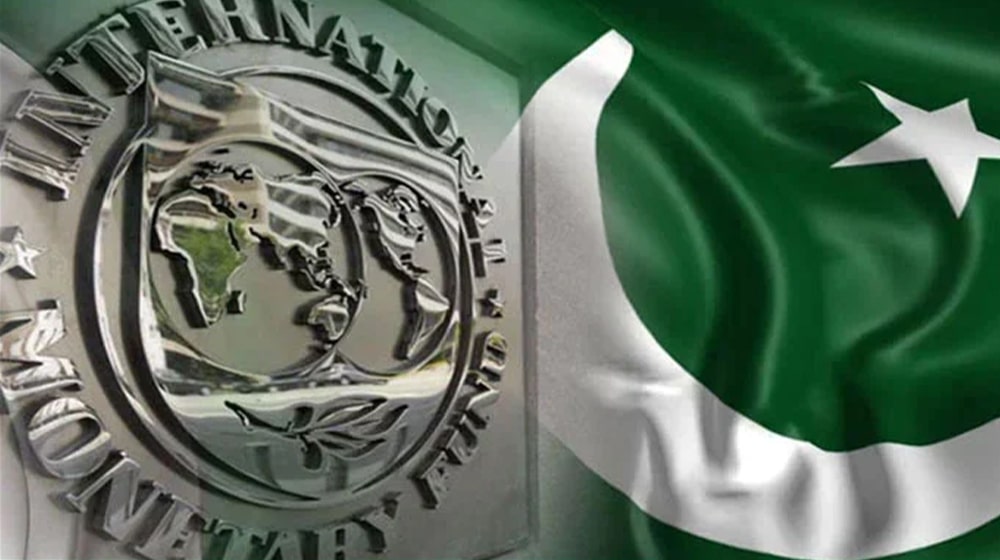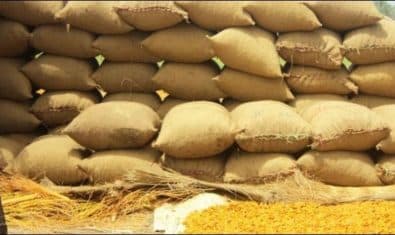The Caretaker government has proposed to the new government to reach an early agreement with the IMF staff on a new medium-term facility, providing an anchor to carry out the difficult reforms.
This has been proposed in the monthly economic update and outlook for February 2024.
The finance ministry suggested the new government to complete the last review of the IMF SBA.
“Perhaps more important is that the new government reaches an early agreement with the IMF staff on a new medium-term facility, providing an anchor to carry out the difficult reforms,” the report added.
To achieve this the new government must take forward critical reforms on the restructuring of the FBR, privatization of the loss-making SOEs including PIA, and the implementation of the SOE policy for improved governance and financial performance, the report stated.
According to the report, as the new government takes office after the February 8, 2024, General Elections, expectations are that a vibrant strategy and vision would help revive the economy and build on the hard-earned gains made over the last six months.
The finance ministry claimed that the last few months’ measures have restored market confidence and led to a pick-up in economic activity. GDP growth accelerated to 2.1% in Q1 FY2024, after two consecutive quarters of negative growth.
The report states that the caretaker government has reduced unproductive expenditures and boosted tax and non-tax income.
During Jul-Dec FY2024, the government has run a primary surplus of Rs. 1.5 trillion (1.4% of GDP) against the IMF SBA target of 0.5% of GDP.
Difficult and unpopular measures including a reduction in the subsidy bill on power and gas through the timely implementation of quarterly tariffs helped improve primary accounts. No supplementary grants have been issued during this period and PSDP projects that fall under the provincial domain have been transferred to provincial ADPs.
At the same time, the Finance Division has increased the release of funds for 9.3 million most vulnerable households.
On the revenue side, the FBR Tax collection grew by 30% to Rs. 5.15 trillion during JulJan FY2024 despite a slowdown in imports and 0% GST on petroleum products.
Overall growth in the domestic taxes has increased by 40%, with the rebound in economic activity and rise in profitability of companies including Banks, Oil & Gas, and the manufacturing industry. Import taxes posted a growth of 16% due to improvements in the valuation of imports that yielded Rs. 151 billion in collections as well as the anti-smuggling drive that witnessed almost 69 percent growth in FY2024.
At the heart of the economic challenges facing Pakistan today is the unsustainable public debt position, with Pakistan in breach of the Fiscal Responsibility & Debt Limitation Act (FRDL) since 2013, the report added.
The government’s ability to service the public debt liabilities is hampered by weak tax collection, rising losses of SOEs, and highest interest rates since 1972.
The improvement in the fiscal position and other quantitative and structural benchmarks led to the successful first review of the IMF SBA in November 2023 and the subsequent disbursement of $ 700 million in January 2024.
The measures taken to conclude the IMF staff review included the annual rebasing of power tariffs, the semi-annual gas tariff adjustment, and the SOE Policy to enhance governance and improve financial performance.
A comprehensive Circular Debt Management Plan (CDMP) was enforced that focused on reforms to reduce high costs, improve DISCO performance, and increase competition and green energy.





















